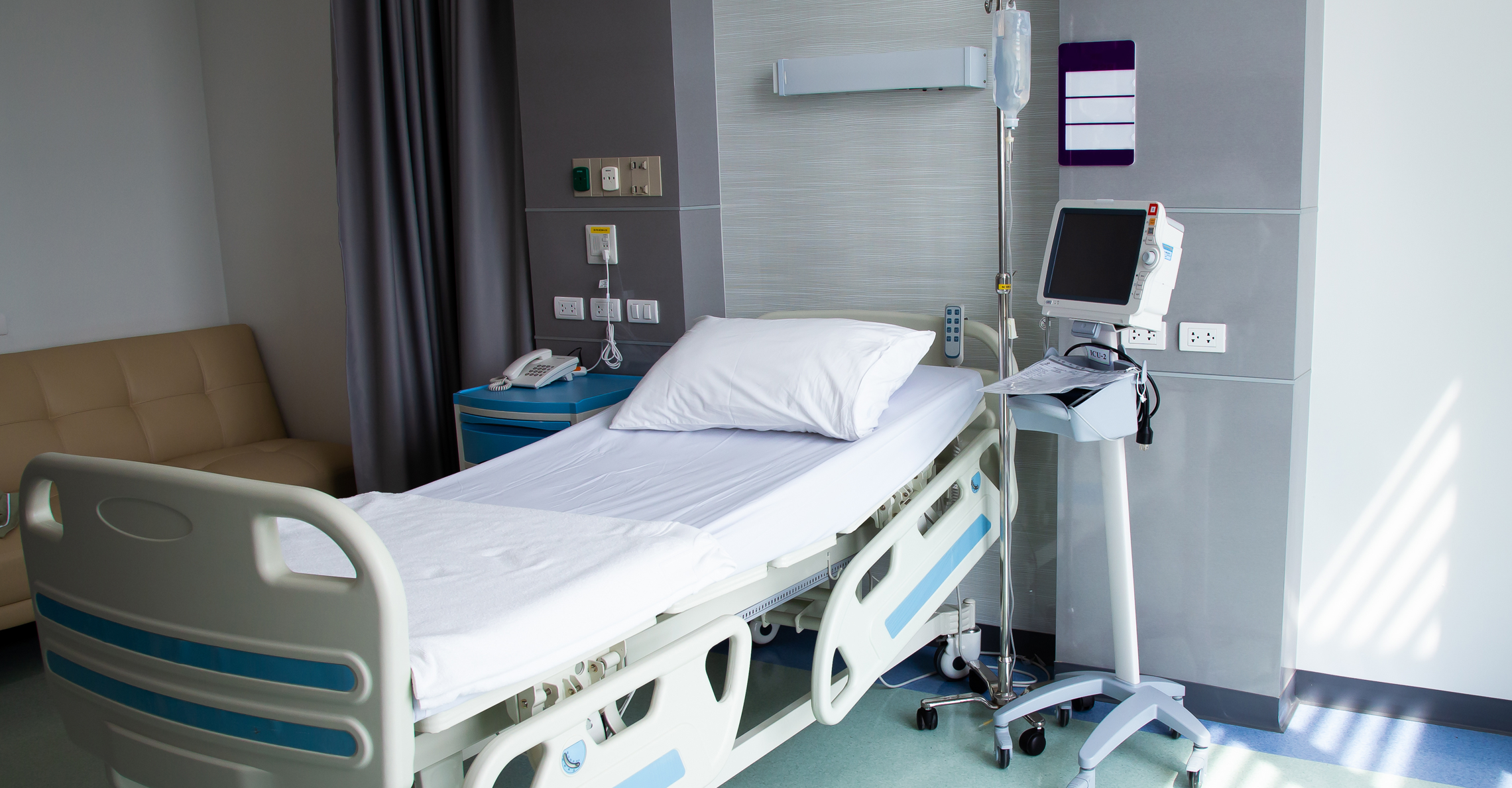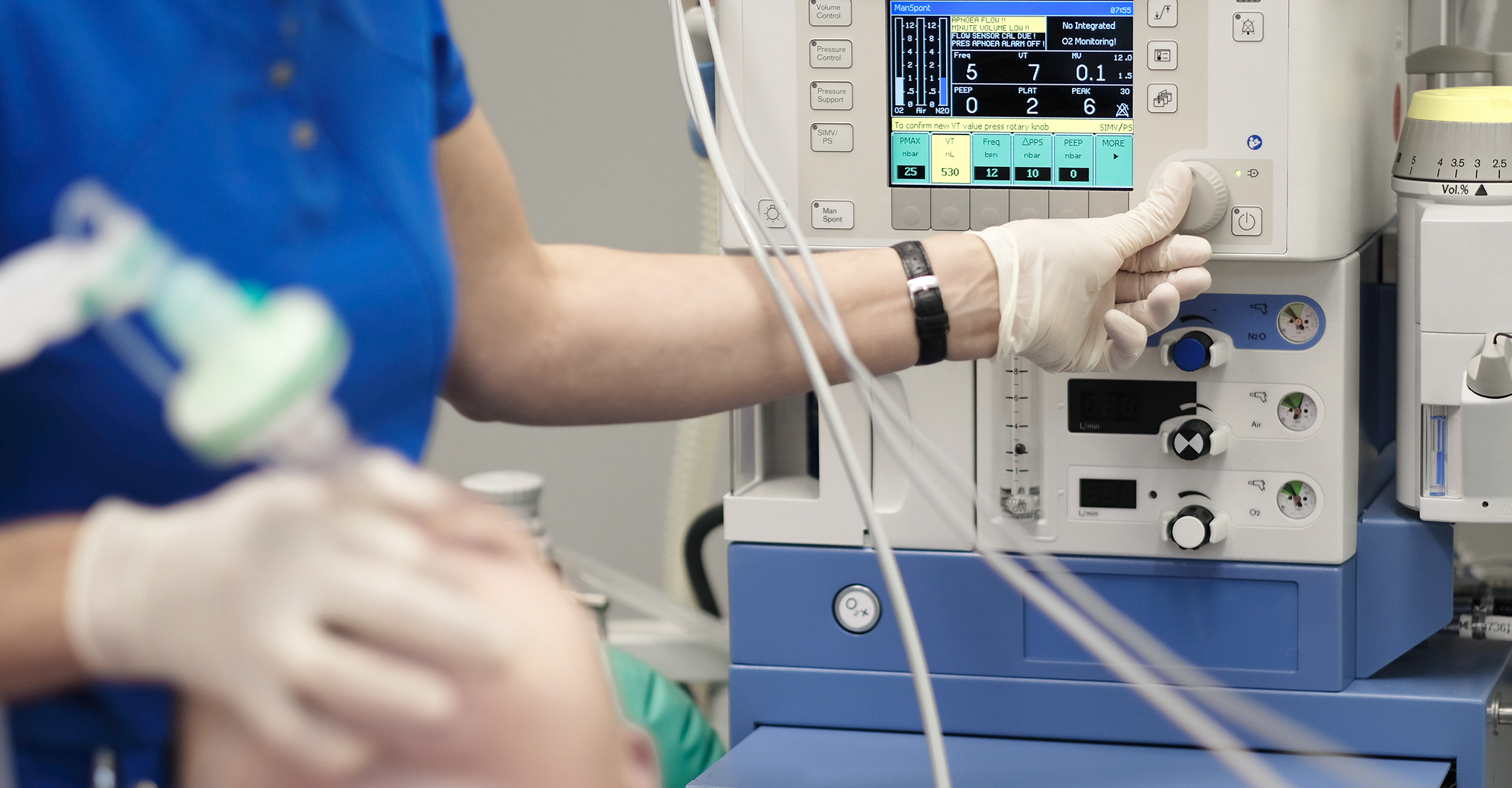By understanding these updates, PM&R providers can better adapt to new market conditions and overall enhance patient care.
What are CONs?
First, it’s important to understand what CONs are and why they matter. CONs are legal documents— used in 35 states and Washington, D.C. — required prior to capital expenditures like new medical facilities or making changes to existing healthcare facilities.
The general goal of CONs is to allow state governments to regulate changes that may impact or increase healthcare spending. CONs also allow the states to assess whether a new facility or service is needed in the community. By considering all existing services and utilities, the goal is to ensure and promote high-quality patient care.
What does this mean for PM&R?
Potential for increased access
The CON reform generally loosens restrictions on healthcare facility development and service expansion. This has the potential to increase access to PM&R services, especially for outpatient rehabilitation facilities and specialized programs. Patients in need of physical therapy, post-surgical rehabilitation and long-term recovery services would benefit, as access to care could improve across the state.
Opportunities in new facilities and services
The new CON exemptions, especially those affecting outpatient birthing centers and psychiatric/substance abuse programs, allow PM&R specialists to collaborate on tailored rehabilitation services. Increased birthing center availability may increase demand for pediatric rehabilitation services. Additionally, the integration of mental health and physical rehabilitation could provide comprehensive care options for patients recovering from substance abuse or psychiatric conditions.
Competitive landscape and strategic planning
With fewer restrictions, competition within the PM&R market is expected to rise. Clinicians must differentiate themselves by demonstrating the unique value of their care and services. Expanding the relocation radius to five miles also gives existing providers greater flexibility to move or expand their facilities in response to market needs. PM&R professionals should carefully assess the updated regulations to identify growth opportunities and adapt their business strategies accordingly.
Impact on ambulatory surgery centers (ASCs) and hospitals
The changes to ASC exemptions, allowing broader physician utilization and clarifying management service organization arrangements, could impact PM&R practices that utilize or partner with ASCs. This may allow for more streamlined post-surgical rehabilitation programs.
Diagnostic imaging and rural healthcare expansion
The changes to diagnostic imaging regulations, including the removal of cost thresholds for repairs, replacements, and acquisitions, are a positive development for PM&R providers utilizing imaging for patient assessments. Furthermore, the focus on expanding rural healthcare access through new exemptions for birthing centers, psychiatric/substance abuse programs and rural hospitals presents opportunities for PM&R expansion.
In review
Georgia is one a few states who are taking steps to reform CON laws, which present both opportunities and challenges for PM&R professionals. With increased access to care, greater flexibility for facility relocation and expanded service options, new possibilities for growth and innovation are available throughout the specialty. However, heightened competition requires strategic operation and knowledge. By staying informed and practice, PM&R providers can leverage these changes to enhance and expand patient care.

About the author
Jeremy Alexander
Vice President, Neurology and Physiatry
Jeremy Alexander is vice president of LocumTenens.com’s Neurology and Physiatry divisions. He joined the company as an account representative in 2005 before transitioning into a sales account executive role and senior account executive role in 2012. He was promoted to managing director in 2015 and again in 2020 to oversee the neurology team. Jeremy graduated from Georgia Southern University with a degree in broadcasting and a double minor in journalism and political science. He has won numerous awards while at LocumTenens.com, including Manager of the Month, Producer of the Month, Sales Associate of the Year and the MAX Award for Psychiatry, and he is a member of the 20-Million-Dollar Gross Profit Club. He lives in Alpharetta with his wife, their three children, two dogs and one cat.





